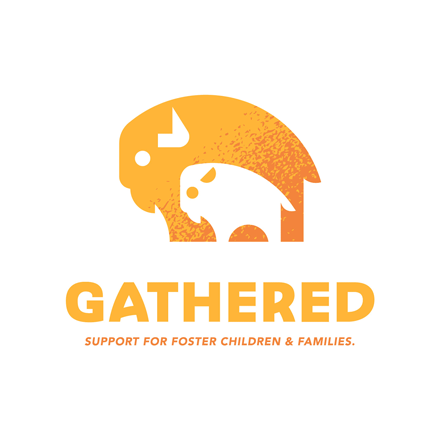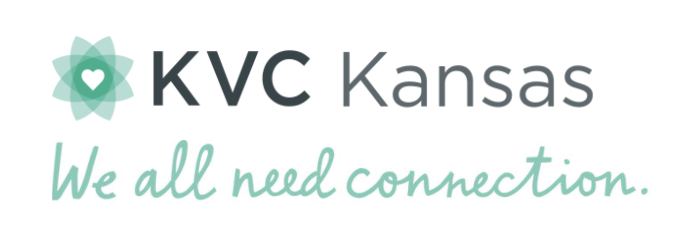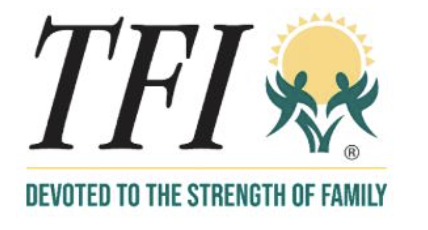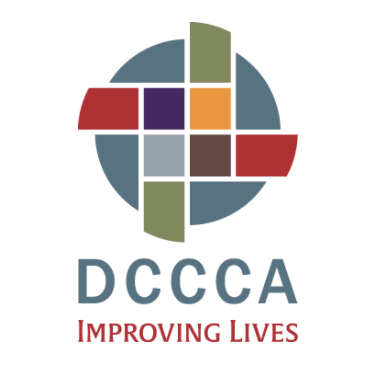In Kansas, nearly 7,000 youth are in foster care
The Catholic Church can be the difference in the lives of children
Often these children — from babies to teens — have been separated from their parents because they are unsafe, abused or neglected or their parents are unable to care for them. Sometimes kids just need a safe place to live while the adults in their life work through a temporary, difficult situation. These children come to foster care from all walks of life, all socio-economic groups, and from every community.
Video is for educational purposes only.
The Catholic Diocese of Wichita is not in partnership with Together We Rise.org.
How is God calling you?
Foster Care Direct Engagement
Understanding Foster Care Terms
Foster Parenting is a Calling
Where to Start
Steps to Fostering or Providing Respite Care
Respite Care
Mentor
CASA
- Biological families: As the name suggests, biological families are ones in which the child or children is born into the family. Many foster families remain in close contact with biological parents.
- Kinship families: These are families where children are living away from biological parents but with family members (grandparents, aunts, uncles, etc.) or close family friends. Kinship families may function temporarily or could lead to a long-term solution such as adoption.
- Foster family: A child becomes part of the foster care system when it has been determined that they are in an unsafe or neglectful environment. Placement of a foster child is done through a state or social service agency. In foster care, the child’s legal guardian (typically) maintains all parental rights for the child. Although these rights are managed by the state, they remain intact unless the child is placed for adoption. Placement with a foster family is considered temporary.
- Adoptive family: Adoption is a legal process where full custody and rights are granted to the adoptive parents. Care for the child is entirely the responsibility of the adoptive parent or parents and is considered permanent. Adoptive parents may adopt children out of the foster care system when parental rights are terminated. They may also adopt children from agencies that work both domestically and internationally to find children in need of stable homes.
- Respite families: Help foster kids by giving temporary respite care. If you are ready to impact the lives of children, but aren’t quite ready for the commitment to become a foster parent, respite care might be just for you! Respite families provide short-term care for children offering temporary relief for the foster parents.
Are you feeling called to Foster Parenting?
Foster homes are needed for children of all ages including teens. Children in the state of Kansas’ child welfare system can move on average three times – often not due to the system, but because the foster family is not prepared to care for the child. Moving and inconsistent care can cause more trauma for the child than the original abusive or neglectful environment.
Learn More
Can I be a foster parent? YES!
By meeting the following requirements and making the decision to open up your heart and your home, you can bring hope to a child that needs you.
- Be 21 years of age or older
- Take 30 hours of pre-service training (TIPS-MAPP)
- Pass criminal and child welfare clearance checks
- Have a source of income other than foster care reimbursement
- Own or rent a residence that meets all state requirements
- Be willing to work as part of a professional team
Information from https://saintfrancisministries.org/kansas/foster-care/
- Ask God to help you discern how He wants you to help – foster, adopt, be a respite family to provide short term care, or support other foster families.
- Connect with and hear from other Catholic families who are currently fostering.
- Complete the TIPS-MAPP (Trauma Informed Partnering for Safety and Permanence and Model Approach to Partnerships in Parenting). “TIPS-MAPP” is the preparation and selection program for prospective foster and adoptive parents. It is designed to help families make an informed decision about fostering or adopting and is required by the State of Kansas.
- Work with a local agency to complete a Home Study, background check and become a licensed foster/adoptive home through Division of Family Services. Foster Agencies in the state of Kansas
- Connect! Are you currently fostering or have you adopted your child(ren) from foster care? We would like to connect with you so we can support you on your journey! Contact the Respect Life and Social Justice Office.
Respite care is a much needed service for all families. Scheduling time for respite allows primary caregivers an opportunity to plan activities and most importantly, it helps to keep families from becoming overwhelmed by their many ongoing responsibilities. It is imperative for all families to take time to refuel and re-energize.
Respite is not only a great opportunity for primary caregivers, but it is just as important for the children in foster care. Often when the children are in respite, they are able to build healthy relationships with other children in foster care, pursue a special interest, or have fun doing an activity they enjoy. They get the opportunity to build onto their social skills and self-esteem. This allows them to learn to trust others and to trust that the care- giver is going to come back to pick them up. This is often important for children who are in foster care because many have often been abandoned by people earlier in life and they fear they will be left again. Ultimately, respite leads to healthier families and less placement disruptions.
Are you feeling called to be a respite provider?
Contact one of the Foster Agencies
Mentors offer a stable relationship to children, teens, and young adults aging out of the foster care system.
For the majority of youth in foster care, there is no safety net to rely on during the transition from dependence to independence. This places even more importance on those caring adults whom they learn to trust over time.
Mentors are positive role models for youth who have been in the foster care system and are transitioning to self-sufficiency. Mentors are people who have a desire to assist youth to succeed by providing advice, counsel, and support. The likelihood of success for a youth who has been in the foster care system increases tremendously when the youth has a mentor in their life.
Are you feeling called to be a mentor?
Contact:Wichita Children’s Home
Volunteer Coordinator at (316) 684-6581 Ext. 208
Court Appointed Special Advocates (CASAs) are trained volunteers who represent and advocate for youth in the dependency court system. Each CASA represents the best interests of the child and makes a life-changing difference.
Are you feeling called to be a CASA volunteer?
Learn More
Foster Care Non-direct Engagement
Prayer
CarePortal
Donate Material Goods
Parish Engagement
God our Father, through the loving sacrifice of your son, Jesus Christ, you have given a home to us and all the forsaken. Give us the eyes of Christ to see the vulnerable children and families in our midst. Give us hearts that break for what breaks the heart of Jesus. Encouraged by the example of St. Joseph, foster father of the Lord, enflame us with the compassion of your Holy Spirit to make our homes and parishes places of love, support and protection for kids in crisis and their families. Amen.
- Pray a rosary for adoptive, foster, and biological families
- Host an Adoration hour at your parish to pray for the children in foster care
The CarePortal connects parishes to children and families with vital needs through the caseworker. CarePortal is an online platform that brings the needs of hurting children and families in your community to your attention. Caseworkers uncover the needs. CarePortal makes local churches and community members aware, giving them a real-time opportunity to respond.
Provide NEW material goods: Gifts for birthdays and holidays, children’s clothing and shoes, school supplies, blankets, Portable Play Yards (Pack and Play), car seats, diapers or formula, personal hygiene items, etc.
Provide other material support: tuition assistance, beds and dressers, supplies for celebrations, household/laundry cleaning supplies, vehicles, etc.
Provide Services: meals; personal care (hair stylists, etc.); home repairs; home cleaning; vehicle maintenance; services for special events (prom, birthdays, holidays, etc.); transportation for appointments, hospital visits, school and parish events, etc.
Provide material support for older children “aging out” of the child welfare system: deposits, vehicle or other transportation, insurance, meals, job placements, budget/financial planning, resume writing/interview skills, etc.
Donate to the Respect Life and Social Justice Office-Foster Care & Adoption Ministry
- Offer a respite night at the parish
- Start a Bunk Bed Ministry
- Offer a monthly rosary or Holy Hour to strengthen families
- Host a Supplies Drive
- Contact one of the Foster Care Agencies to see what is most needed for foster children and foster families
- Consider hosting your drive at critical times of the year such as back-to-school or Christmas.
- Children need suitcases or duffle bags as no child should carry their belongings in a trash bag. Personal hygiene items and clothing are always needed.
- Provide material goods as listed above
Respect Life & Social Justice
Catholic Diocese of Wichita
424 N. Broadway
Wichita, KS 67202
Phone: (316) 269-3900







